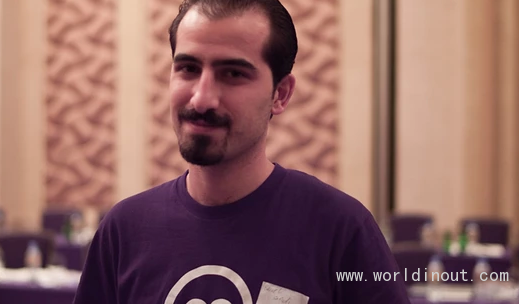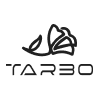
Syria never had a hackerspace until Bassel Khartabil – known online as Bassel Safadi – started Aiki Lab in Damascus in 2010. The Palestinian-Syrian open-source software developer used it as a base from which to advance the free software and free culture movements in his country. Because of Khartabil’s work, people gained new tools to express themselves and communicate.
Writing to the vice president of the European commission in 2013, MEPs Charles Tannock and Ana Gomes summed up Khartabil’s contributions as “opening up the internet in Syria - a country with a notorious record of online censorship” and “vastly extending online access and knowledge to the Syrian people”. Among his awards included the 2013 Index on Censorship Digital Freedom Award for using technology to promote an open and free internet.
But Khartabil is in trouble. He was detained by Syria’s Assad regime in March 2012 and in October he was removed from the notoriously violent Adra prison in Damascus. His current whereabouts are unknown and in November 2015 rumours surfaced that he had been secretly sentenced to death – perhaps even killed already – by the regime.
The open technology and content communities behind projects like Wikipedia, Mozilla and Creative Commons are gravely concerned. They want to know Khartabil’s status – if he is alive or dead and where he is, and recently circulated a petition for his release and a FreeBassel campaign on Twitter.
He is a brother of ours who has been taken
Lawrence Lessig
“He is a brother of ours who has been taken,” sums up Lawrence Lessig, the Harvard professor and government reform activist who co-founded Creative Commons, which provides an open alternative to the copyright system of reuse with the aim of enabling greater sharing of cultural work. The Creative Commons default is you can use it as long as you credit it.
The United Nations Working Group on Arbitrary Detention considered Khartabil’s case in April 2015 declaring his detention and prosecution to be arbitrary and calling for his immediate release. “He’s a good guy and, as we know, his detention has been certified as arbitrary by the experts,” says Jimmy Wales, the co-founder of Wikipedia, the free online encyclopaedia contributed by volunteers, referring to the group’s findings.
‘Captured in the line of duty’
For Joi Ito, the director of the MIT Media Lab based at the Massachusetts Institute of Technology, former CEO of Creative Commons and friend of Khartabil, it is a reminder that community members do work that is dangerous. “He was captured in the line of duty and was representing our movement,” he says.
Khartabil was heavily involved with many of the world’s leading free software and culture organisations. Through Aiki Lab he was the Syrian lead for Creative Commons. He helped artists, writers and others in Syria as well as the wider Arab World to freely share their work online and build on others’ creativity under CC licences. He was also involved in the English and Arab language versions of Wikipedia, contributing, editing and translating articles as well as organising hackatons.






